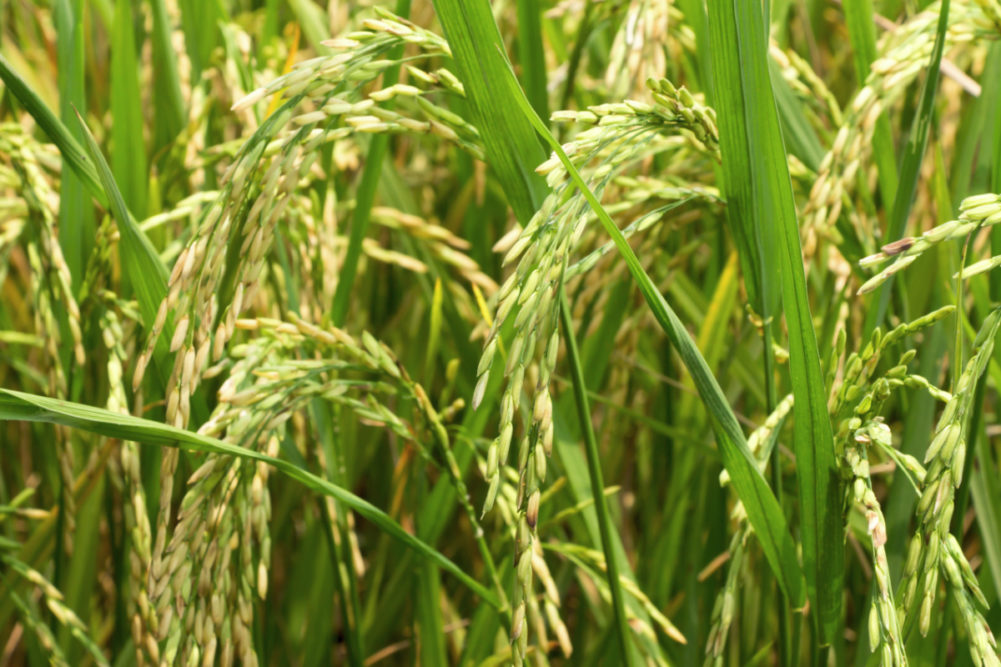CAIRO, EGYPT — In an effort to maintain water resources, Egypt has approved a new law to circumvent illegal rice cultivation, according to a Global Agricultural Information Network (GAIN) report from the US Department of Agriculture (USDA).
The new water resources and irrigation law stipulates that if a farmer is found to be planting rice outside of the allotted rice growing area set by the government the farmer could face a fine ranging from EGP 3,000 to 10,0000 or receive a prison sentence not to exceed six months.
In Egypt, rice is a summer crop that is grown from April to October and is limited to the north, east and west parts of the Nile Delta in nine governorates set by the Ministry of Water Resources and Irrigation (MWRI). Over the past five calendar years rice cultivated areas set by the government ranged from 451,164 hectares to 41,920 hectares annually. While rice cultivation outside of the MWRI’s allotment area has ranged from 210,000 hectares to 309,308 hectares annually over the last five years, the USDA said.
Farmers planting rice outside of the allotted area are usually fined, but regardless of those rice crop area harvested usually exceeds the MWRI limit significantly.
According to the USDA, farmers prefer rice over other crops due to easier cultivation, lower production cost, higher profitability and storability for long periods of time. In addition to those positives, rice cultivation helps limit sweater intrusion into the Northern Delta lands, preventing salinization of the soil.
Setting up allotted rice cultivation areas and applying fines is part of the Egyptian government’s efforts to improve water usage, preserve water resources, enhance water productivity and ensure irrigation water is delivered to all recipients.






